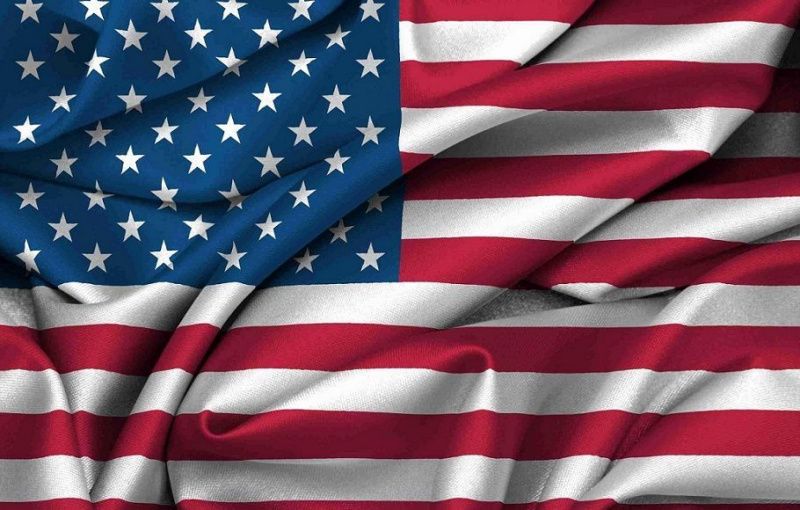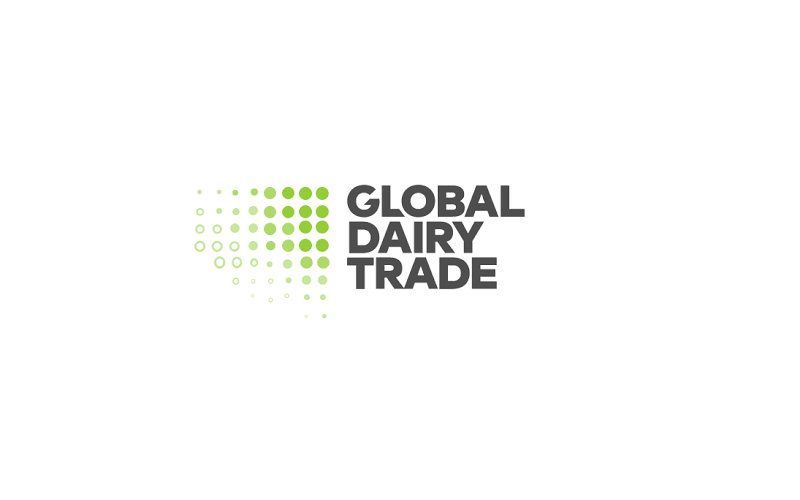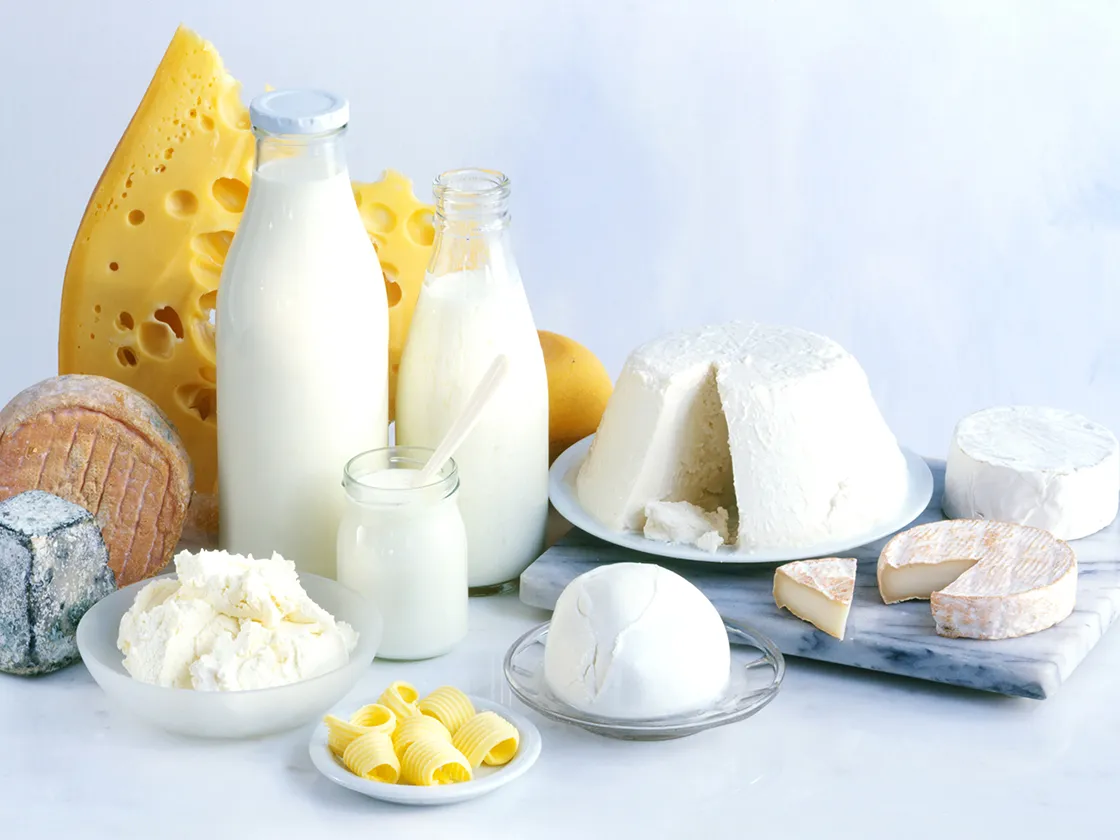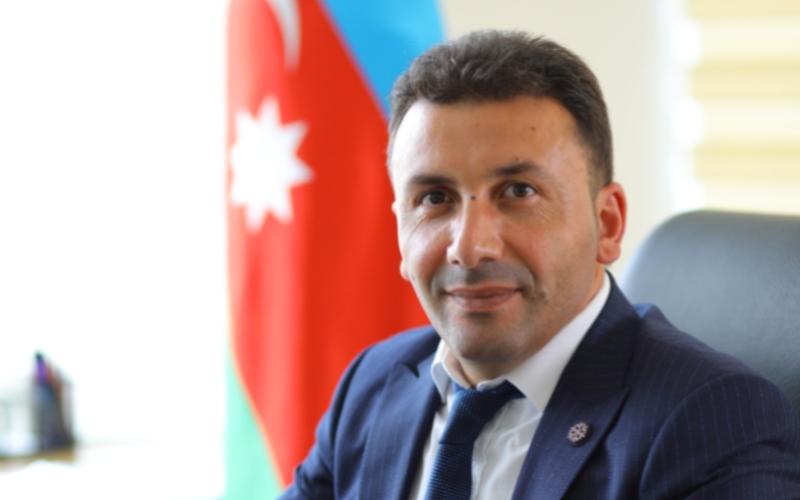Ag groups, lawmakers, farmers and ranchers voice concern and support of Trump tariffs
Source: dairynews.today
U.S. President Donald Trump's tariffs have sparked significant debate, with various stakeholders in agriculture expressing both concerns and support.

U.S. President Donald Trump's tariffs have become a hot topic since they were implemented earlier this month. As the president moves to reform international trade, diverse opinions have emerged from politicians, citizens, and agricultural groups. Dairy leaders have advocated for a more targeted tariff approach and constructive negotiations with trade partners. The National Milk Producers Federation (NMPF) and U.S. Dairy Export Council lauded the administration's focus on removing trade barriers imposed by the European Union and India, suggesting that tariffs could be a strategic tool for negotiating improved trade terms.
New tariffs include a 34% duty on China, 26% on India, 26% on South Korea, 24% on Japan, and 20% on the EU, with Canada and Mexico currently exempt due to existing 25% tariffs.
U.S. Senators have voiced dissatisfaction with Canada's handling of dairy market access under the USMCA agreement. Meanwhile, R-CALF USA, representing independent cattle and sheep producers, supports the universal 10% tariff on imports as a means to protect and revitalize domestic industries. They urge for further tariff-rate quotas to complement tariffs, securing market stability for local producers.
Overall, while some stakeholders support the tariffs as a mechanism for fair negotiations, others remain concerned about potential trade disruptions and market access limitations.
New tariffs include a 34% duty on China, 26% on India, 26% on South Korea, 24% on Japan, and 20% on the EU, with Canada and Mexico currently exempt due to existing 25% tariffs.
U.S. Senators have voiced dissatisfaction with Canada's handling of dairy market access under the USMCA agreement. Meanwhile, R-CALF USA, representing independent cattle and sheep producers, supports the universal 10% tariff on imports as a means to protect and revitalize domestic industries. They urge for further tariff-rate quotas to complement tariffs, securing market stability for local producers.
Overall, while some stakeholders support the tariffs as a mechanism for fair negotiations, others remain concerned about potential trade disruptions and market access limitations.
Key News of the Week
04.07.2025
Chile Shows Global Dairy Strength
03.07.2025
Ireland Finds a Fertile Market in the Desert













